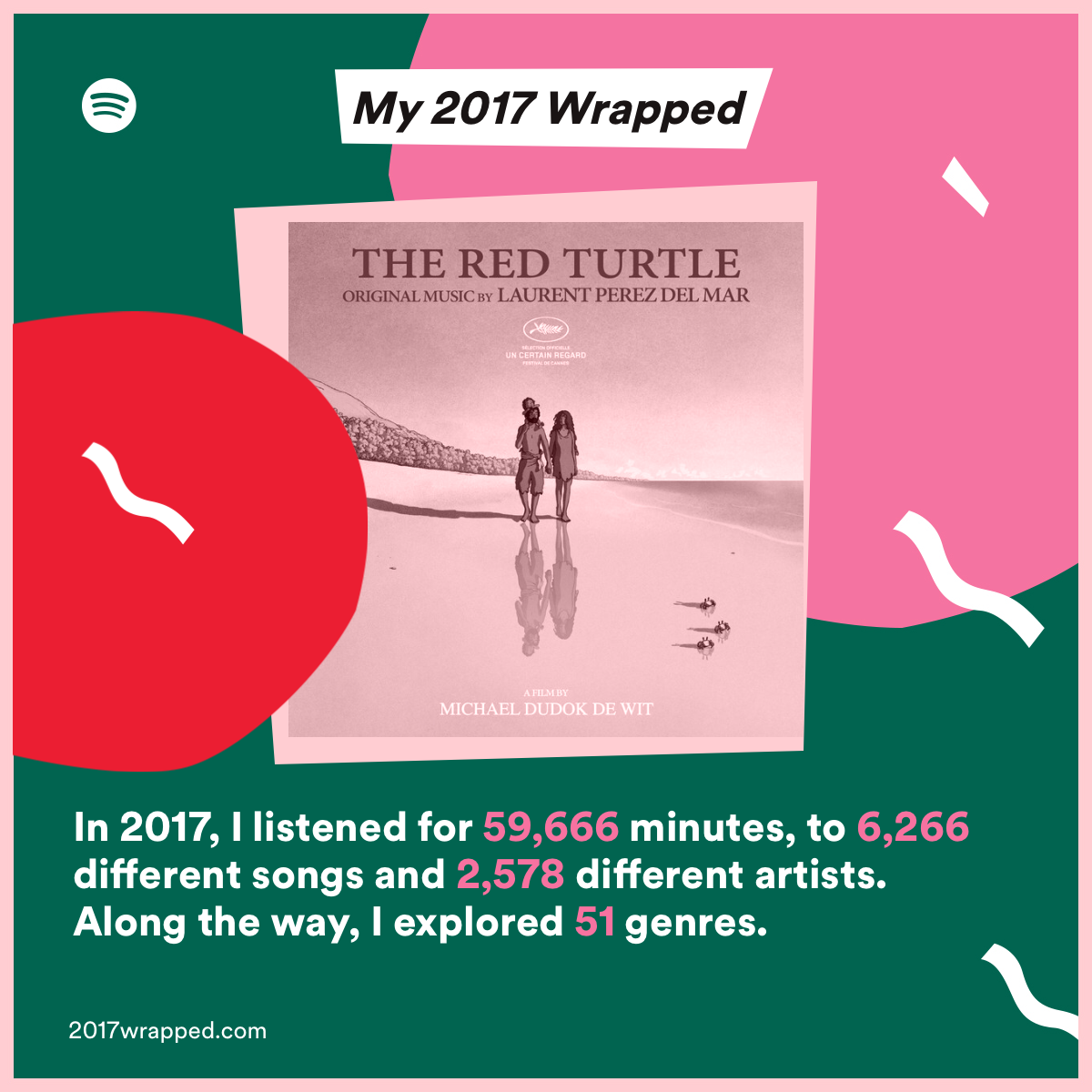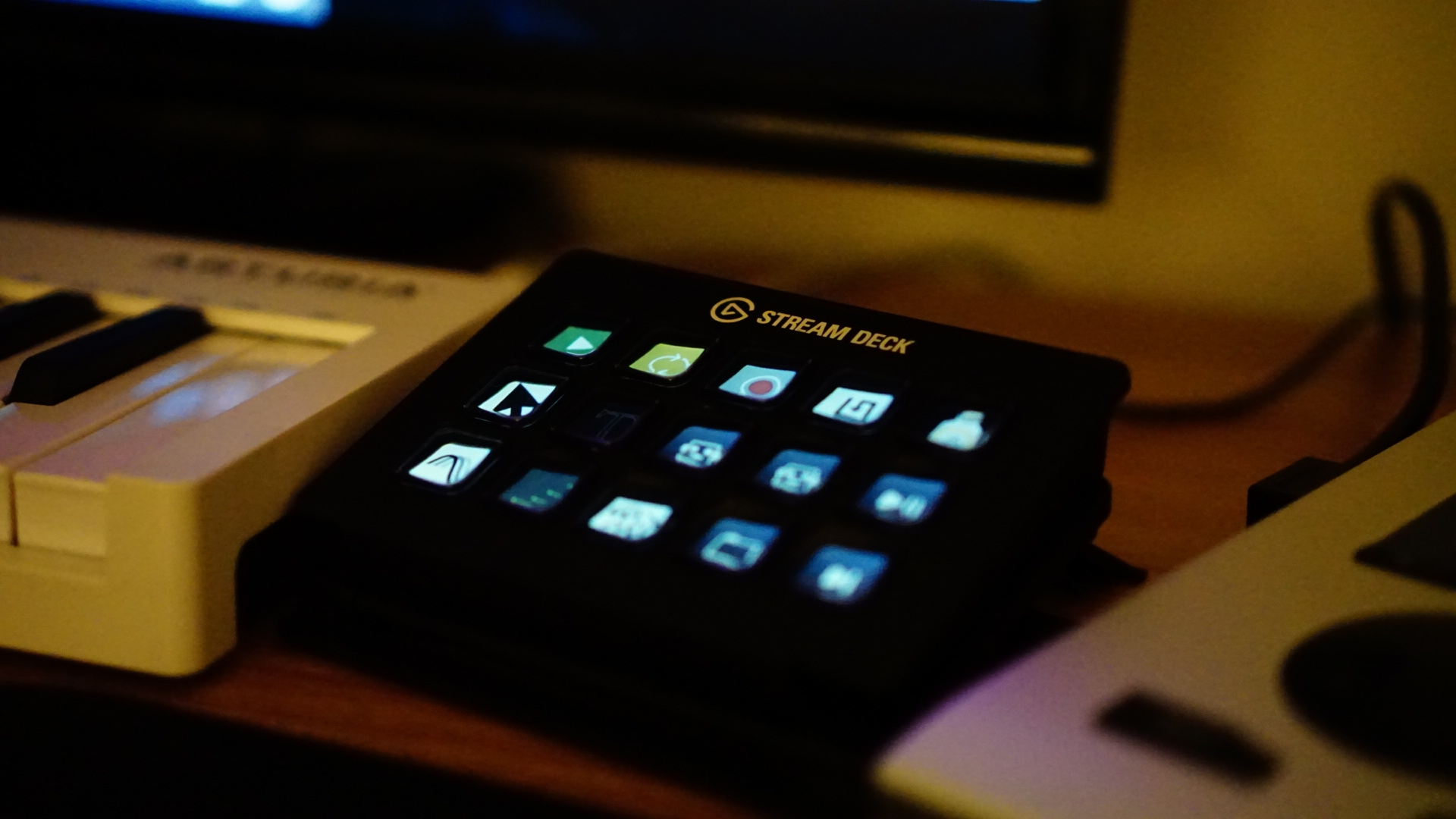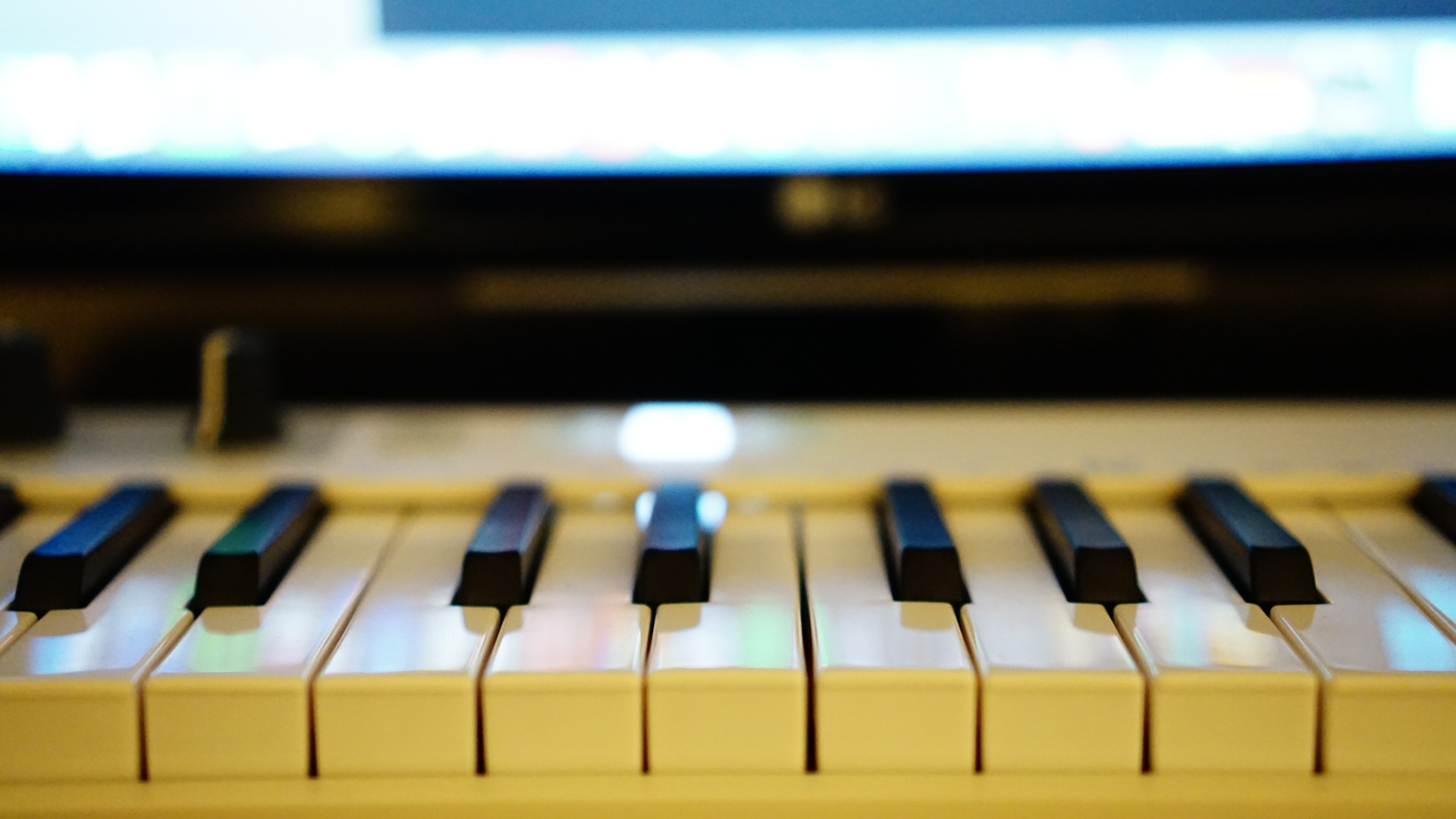For those who may not know about Pianobook, here’s a copy of the ‘about’ page from the website
‘Curated by one of the founders of SPITFIRE AUDIO [Christian Henson] pianobook is a collective sample project that aims to bring together a community of likeminded music makers to talk about their stories through the pianos they use, admire and are inspired by.’
Last month I was in Norway and had Saturday off and took the opportunity to record the theatre’s Steinway. After rolling it out of the cupboard it lives in, I realised the concert hall was empty, so I made a sharp turn right and rolled it onto the stage and quickly set my laptop and mics up downstage centre.
I tried a couple of stereo sets of mics and ended up with 2x AKG C414 mics,. After a little experimenting, I moved them a little further back than may be a usual close recording setup, to get a little more of the room sound, else what’s the point in taking over the whole concert hall!!
I used Christian’s logic template [which can be found here with an explanation on how it’s setup] and started recording, knowing that the battery on my laptop was limited. Luckily after only a few interruptions from visitors checking out the hall, I got a few takes and packed up ready to edit.
At that point I didn’t have a lot of time so only made an EXS24 version which Christian featured in a recent vlog, you can hear it at the very start and around 2 minutes in….
So It made sense to convert it to a Kontakt version to give non Logic users a chance to play with it too and for me to learn a little about how that conversion might work….
Which is when I encountered some frustrating Kontaktness! Its default reaction to release triggers is not as a piano should react. [A release trigger being a piece of audio played upon releasing the key.'] For some reason the release triggers work as they should without the sustain pedal down, fine thats good, but when you hold the pedal and hit a note, the release trigger audio doesn’t play until you release the pedal, and when you do release the pedal, it plays back all the release triggers for all the keys you pressed whilst the pedal was down, so you get a big splurge… not good!
I came across another piano that did manage to make this work correctly called the Spring piano recorded by Christian himself and converted to Kontakt by Fredrik Fernbrant, I had a look through the script Freddie made and reverse engineered it to a point of understanding enough to make a version for the Kristiansand instrument. It was a good way of learning a little more Kontakt scripting, but I still feel a little out of my depth with it so will continue to learn more as i make new instruments.
If anyone does know how to do get in there and fix this, then that would be amazing, but there’s a button to turn the dry signal on/off in the gui, this is simply because I’m unsure how to get rid of that and have the dry signal permanantly ‘on’ whilst still making Kontakt react to the release triggers correctly at the same time.
Either way, long story short, here is the link to the Kontakt version! Enjoy!
https://bit.ly/2W9iTpj




